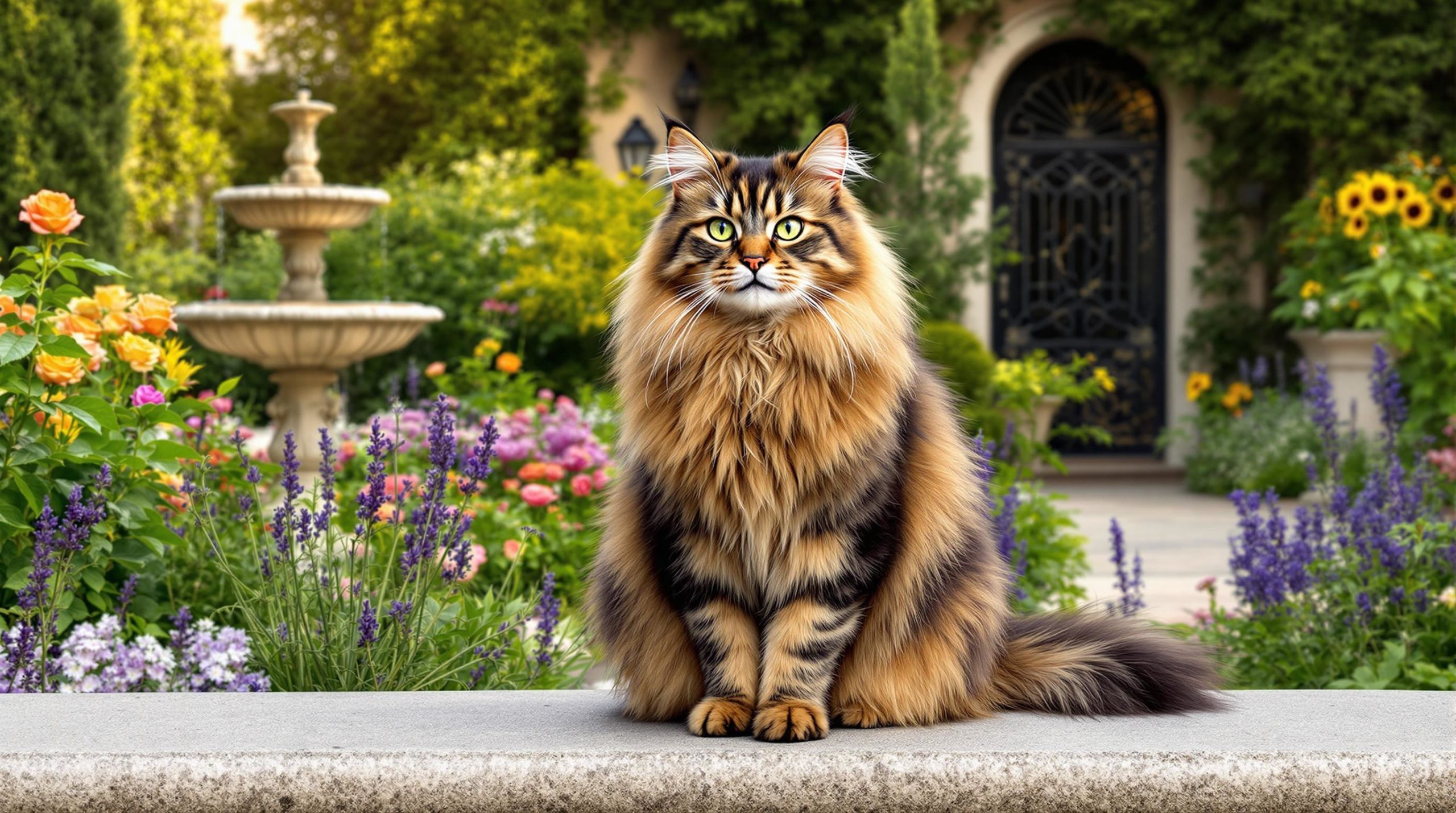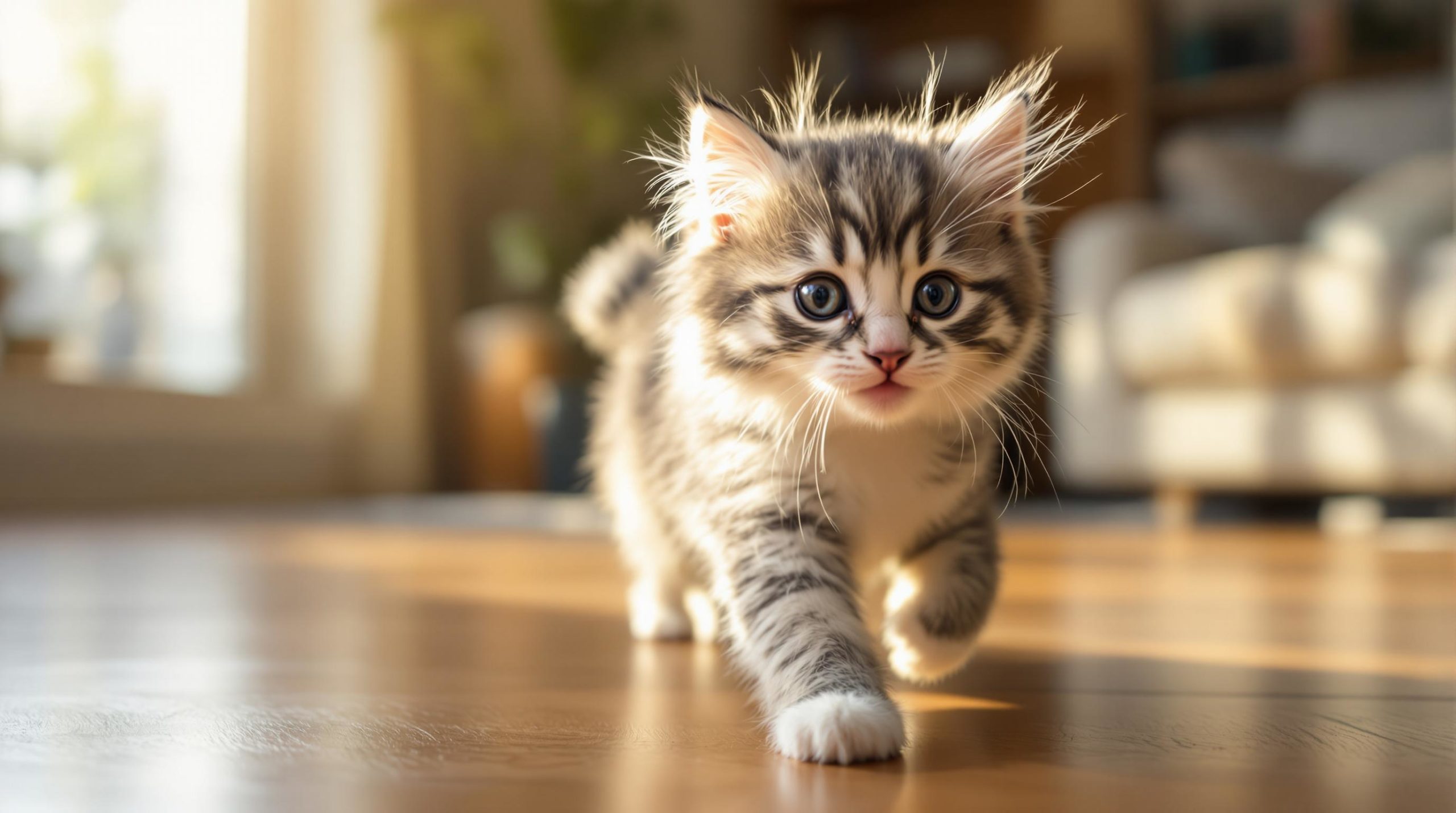Exploring the world of Maine Coon breeders across Europe

Europe’s landscape of Maine Coon breeders is as diverse as the cats themselves—ranging from the misty coasts of the UK to the vibrant homes of Eastern Europe. Enthusiasts hunting for the perfect Gentle Giants often discover unique breeding philosophies and pedigrees that shape the character and health of their future feline friends. Navigating through numerous registries, health requirements, and socialization techniques requires a sharp eye and steady guidance. This journey reveals a world rich in tradition and passion, where CoonCats thrive as true Purrfect Companions across the continent.
Understanding the European Maine Coon Breeder Landscape: Registries and Health Standards
One of the key pillars when searching for Maine Coon kittens in Europe lies in comprehending the complex network of breed registries and health standards. Unlike the United States, where the process is more uniform, European breeders often register under several governing bodies such as the GCCF in the UK, and FIFe or WCF within continental Europe. These organizations hold breeders accountable for pedigree authenticity and breeding ethics, ensuring the welfare of the cats.
Health testing is another non-negotiable factor in reputable catteries. Annual screening for hypertrophic cardiomyopathy (HCM), genetic diseases like SMA or PKDef, and hip dysplasia is standard practice among esteemed breeders such as Mythos in Essex or Coonland in Sweden. This vigilance protects the breed’s longevity and contributes to robust bloodlines that experienced buyers highly value.
While American breeders sometimes emphasize show-styled traits, European Maine Coons tend to maintain a more natural look, which often correlates with lower incidences of joint issues. For cat lovers wanting a classic, unexaggerated Maine Coon experience, European breeders represent an appealing option.
- Registry Affiliations: GCCF, TICA, FIFe, WCF
- Mandatory Health Checks: Annual genetic panels, echocardiograms, hip X-rays
- Breed Standards: Natural features favored over exaggerated looks
- Export Requirements: Pet passports, microchips, rabies vaccination compliance
| Registry | Region | Focus | Health Protocols |
|---|---|---|---|
| GCCF (UK) | United Kingdom | Pedigree Verification, Show Standard | HCM echocardiograms, genetic tests mandatory |
| TICA (International) | Europe & Beyond | Global Recognition & Registrations | Regular health screenings, breed-specific genetic protocols |
| FIFe (Europe) | Continental Europe | Breed Standards & Ethical Practice | Comprehensive genetic and health testing |
| WCF (Europe) | Continental Europe | Show Certifications, Ethical Breeding | Mandatory health certifications and careful breeding |

How Registration Impacts Breeding Choices and Kitten Quality
With registries enforcing strict policies, breeders must adhere to protocols that go beyond aesthetics. This often includes evidence-backed breeding choices focusing on minimizing genetic diseases and promoting robust temperaments for Coon Kingdom cats. Buyers receive well-documented lineage papers, validating the trustworthiness of breeders.
Furthermore, these registries facilitate international trade by ensuring consistency in standards. Prospective owners in countries outside Europe are reassured by five-generation pedigrees and thorough vet reports, making imports more trustworthy.
Highlighting Notable Breeders Across Europe: Care, Character, and Commitment
The rich variety of Maine Coon breeders dotted across Europe brings distinct philosophies to raising Gracious Coons. From reputable family-run catteries to acclaimed multi-generational kennels, the emphasis on socialization and health shines through everywhere.
- Mythos Maine Coons (Essex, UK): TICA & GCCF-registered, celebrated for their show-quality cats with genetic health as priority.
- Auracoonz (Norfolk, UK): Family-operated, emphasizing indoor cats with harness and leash training to foster confident personalities.
- Maine Coon Heaven (Germany): Known for excellent temperament paired with rigorous screening; a top destination in continental Europe.
- Coonland (Sweden): Excelling in raising kittens with strong genetics and immersive home social environments.
- Royal Maine Coon (France): Collaborates with geneticists for longevity and wellness assurance.
- EuroCoons (Italy): Slow breeding pace with balanced raw diet feeding and in-cattery health management.
This array of breeders not only reflects an impressive geographic spread but also showcases different approaches to nurturing Purrfect Companions. Their commitment to ethical breeding and genuine care guarantees kittens with balanced, well-rounded temperaments.
| Breeder | Country | Special Focus | Registries | Unique Practices |
|---|---|---|---|---|
| Mythos Maine Coons | UK | Show quality, genetic testing | TICA, GCCF | Annual thorough health screenings; show participation |
| Auracoonz | UK | Socialization, harness training | TICA, GCCF, FIFe, WCF | Indoor plus outdoor exposure; early leash training |
| Maine Coon Heaven | Germany | Temperament, health | FIFe, WCF | Health certificates with every kitten |
| Coonland | Sweden | Genetics, home environment | TICA, FIFe | Family home raising, social kittens |
| Royal Maine Coon | France | Longevity focus | FIFe | Geneticist collaboration, health testing |
| EuroCoons | Italy | Slow breeding, raw diet | TICA, FIFe | Cattery health management including snip/spay |
Europe’s diverse catteries uphold a shared passion: producing gentle, healthy companions that embody the Maine Coon spirit. This contrasts with some other regions where fast breeding can sacrifice kittens’ well-being.
Why Socialization Is a Priority in Quality Breeding Programs
Breeders like Auracoonz and Coonland champion a hands-on approach to kitten socialization. Early exposure to sounds, environments, and people, including visits to cat shows or harness training, lays the foundation for fearless and affectionate Gracious Coons. This early nurturing equates to lifelong behavioral benefits.
Key Tips for Vetting and Choosing a Trusted Maine Coon Breeder in Europe
Venturing into the realm of Maine Coon breeders requires a balanced blend of research and interaction. Buyers should seek out breeders who are transparent, well-documented, and deeply committed to feline welfare.
- Request Registry Proofs: Verify registration numbers with official bodies.
- Demand Health Certificates: Ask for recent echocardiograms, genetic testing results, and vaccination records.
- Visit or Virtually Tour the Cattery: Inspection reveals the kitten rearing environment and parental health.
- Observe Socialization Practices: Enquire about kitten exposure to sights, sounds, and handling.
- Assess Breeding Frequency: Healthy queens ideally have one litter every 8–12 months.
- Confirm Import Expertise: For cross-border buyers, check that the breeder is experienced with export documentation and pet travel protocols.
| Factor | Why It Matters | Buyer Tips |
|---|---|---|
| Registry Proof | Ensures pedigree authenticity and legitimacy | Ask for registration numbers, verify online databases |
| Health Certificates | Protects from hereditary diseases and ensures health | Request echocardiograms and genetic test documentation |
| Cattery Visit | Reveals care standards and socialization environment | Look for clean, stimulating spaces; request virtual tours if needed |
| Socialization Practices | Affects kitten confidence and long-term behavior | Verify early handling, exposure to people and noises |
| Breeding Frequency | Maintains queen’s health and kitten quality | Ideal interval is one litter per 8–12 months |
| Import Knowledge | Avoids legal and transport complications | Confirm breeder provides complete export paperwork |
Embracing patience and diligence during this phase helps owners build a solid foundation for a lifetime with their new feline friend. Well-chosen breeders help foster resilient cats cherished in the Maine Coon Collective worldwide.

Smart Pre-Purchase Practices for Prospective Buyers
- Schedule Cattery Visits Early: Waitlists are common; plan months ahead to secure your spot.
- Compare Pedigrees Thoroughly: Look for multi-generational champions and verified lineage.
- Review Temperament Questions: Understanding kitten social and training exposure predicts adult behavior.
- Prepare for Import Protocols If Needed: Plan vaccinations, microchipping, and travel documents well in advance.
- Organize Vet Check-ups Promptly: Early health confirmation is vital for Maine Coon wellbeing.
The Advantages of Buying Maine Coons from European Breeder Networks
Europe offers unparalleled access to traditional Maine Coon pedigrees, characterized by their longevity-focused breeding strategies and authenticity. Buyers benefit from:
- Less exaggerated breed traits: Emphasizing health and natural appearance over extreme features common in some show lines.
- Legacy two-to-five generation pedigrees: Multi-generational breeder catteries hold firm on quality and health.
- Better genetic health focus: Annual health screenings and collaboration with feline geneticists underline European breeder commitment.
| European Breeders | Key Benefits | Buyer Considerations |
|---|---|---|
| Mythos (UK) | Proven show quality, excellent genetic testing | Highly sought after – early booking recommended |
| Coonland (Sweden) | Strong genetics, family home-raised kittens | Ideal for those wanting well-socialized pets |
| Auracoonz (UK) | Robust socialization, leash-trained kittens | Great for adventurous owners desiring confident cats |
Understanding the Import Process for European Maine Coons
Importing a Maine Coon kitten involves navigating regulations and ensuring the little Gentle Giant arrives safely and healthily. Essential steps include:
- Documentation: Pet passport, five-generation pedigree, vaccination certificates, and microchip registration.
- Age and Vaccine Requirements: Kittens must be at least 12 weeks old, microchipped, rabies vaccinated, with a 21-day wait post-vaccine before travel.
- Cost Factors: Crate fees, airline charges, veterinary export certification, and customs clearance can total up to €500 or more.
- Post-arrival Care: Veterinary check-ups and possible quarantine, varying by destination regulations (notably post-Brexit UK rules).
Understanding and planning each step ensures both buyers and cats have a seamless transition, welcoming a new member into their Purrfect Companions family without surprises.
| Step | Details | Potential Challenges |
|---|---|---|
| Documentation | Pet passport, microchip, vaccination, pedigree, vet export certificate | Must be detailed and up to date |
| Age and Vaccine Compliance | Min kitten age 12 weeks, rabies vaccine + 21-day wait | Timing critical, missed deadlines cause delays |
| Costs | Crate, airline charges, customs fees, vet exams | Unexpected fees and paperwork |
| Post-Arrival | Vet checks, possible quarantine | Country dependent, must be pre-arranged |
Frequently Asked Questions About Maine Coon Breeding in Europe
- Q: How do European Maine Coon breeders differ from American breeders?
A: European breeders often prioritize natural breed features, rigorous health testing, and multi-registry adherence, while some American lines emphasize show traits more heavily. - Q: What are the most important health tests for Maine Coons in Europe?
A: Annual echocardiograms (HCM), genetic panels for PKDef and SMA, and hip dysplasia X-rays are critical to maintaining healthy lines. - Q: Can I import a Maine Coon kitten from Europe safely?
A: Yes, following import regulations with all proper documentation minimizes risks and ensures a healthy transition. - Q: Are European Maine Coon kittens well-socialized?
A: Most reputable breeders emphasize early socialization including exposure to people, sounds, and sometimes harness training to foster friendly and confident cats. - Q: How far in advance should I book a Maine Coon kitten from a European breeder?
A: Ideally, reserve your spot several months in advance due to high demand and limited litter availability.